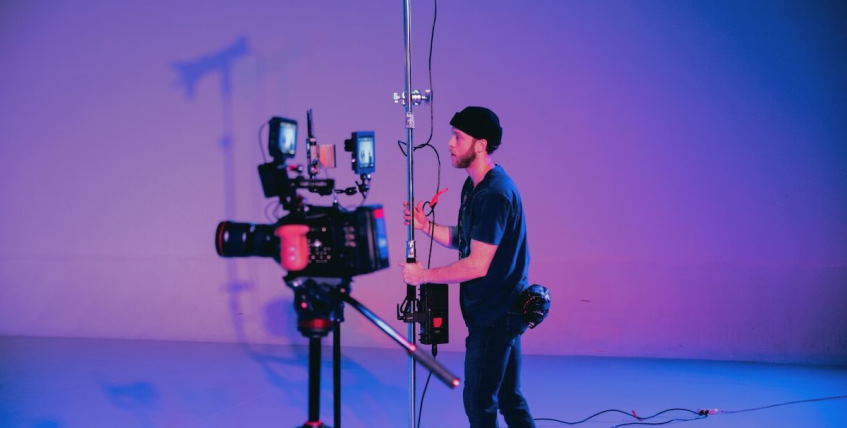The Differences Between Videography and Cinematography
Cinematography and videography may seem like the same thing, but there are some key differences. Cinematography is the process of capturing and recording moving images, while videography is the process of capturing and recording video footage. Cinematographers use specialized equipment to capture cinematic quality footage, while videographers often use normal camcorders or DSLR cameras. The end results can be very different depending on which path you choose.
The battle of videography vs. cinematography
Videographers may work with directors to create a certain look or feel for a scene, but they typically do not have as much creative control as cinematographers. Videography is often used for documentaries, news programs, and events like weddings and concerts. However, the cinematography is more commonly used in feature films and commercials.

Another key difference between videography and cinematography is the equipment used. Videographers typically use camcorders, while cinematographers use film cameras. Camcorders are less expensive and easier to use than film cameras but do not produce the same image quality.
So, what’s the bottom line? If you’re interested in making movies or commercials, you’ll need to learn cinematography. On the other hand, if you’re more interested in capturing events or telling stories, videography may be the better option for you.
Cinematography vs. filmmaking: what’s the difference?
Cinematography refers to the art and technique of creating images on film, while filmmaking refers to the process of making a film, from writing the script to directing the actors to edit the final cut.
While the cinematography is certainly important to filmmaking, it is only one aspect of the process. Filmmaking encompasses all elements that go into making a movie, from conception to execution. A good filmmaker must be able to tell a story well, work with actors, and understand the technical aspects of film production to create a quality product.

While filmmaking is a collaborative effort, the director is ultimately responsible for the final product. Therefore, the director must be able to take all of the elements of a film – the script, the acting, the cinematography – and meld them together into a cohesive whole. A great director can make even a mediocre script into a great film.
At its heart, filmmaking is about telling stories. A good filmmaker must be able to communicate his or her vision to the crew and cast and then translate that vision onto the screen. Cinematography is just one element of filmmaking but an important one. A cinematographer can make even the most simple story come to life on screen.







